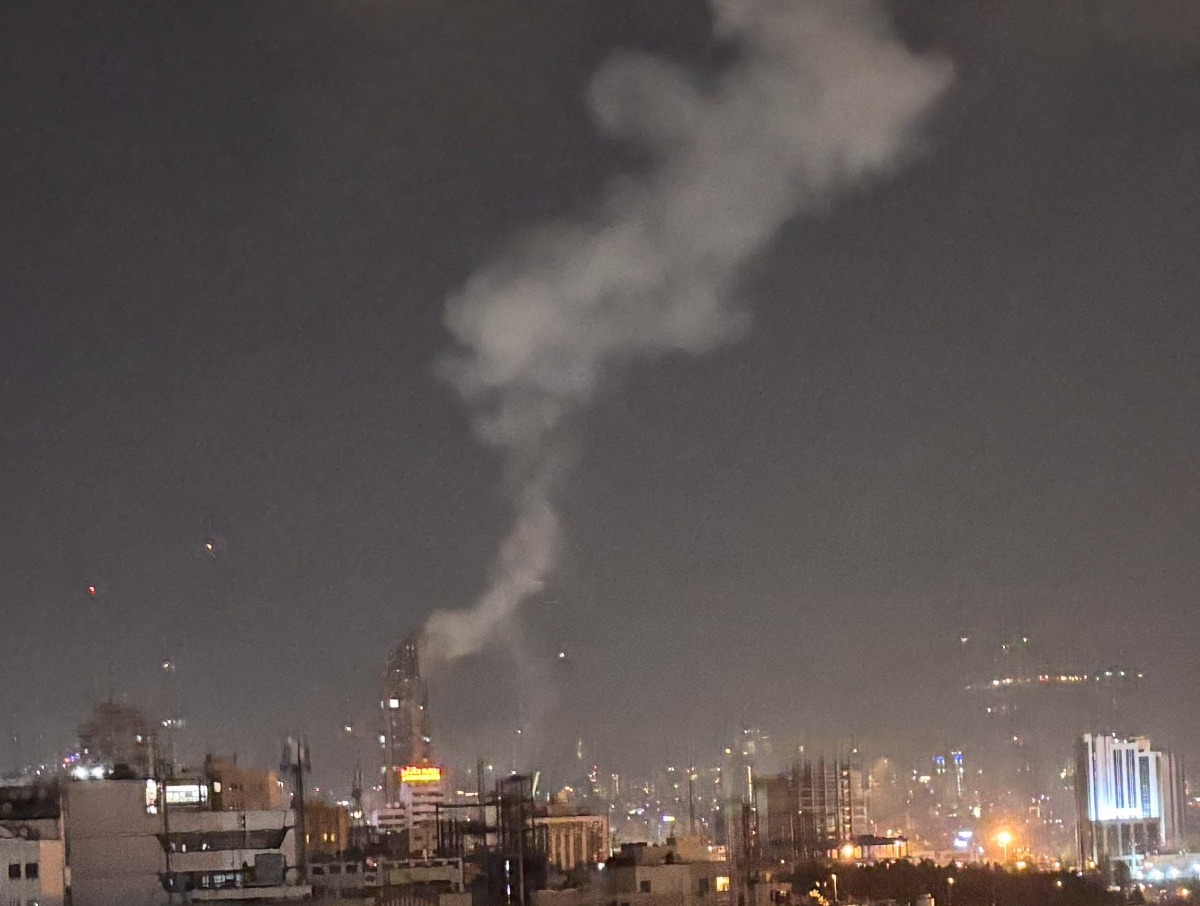
The Islamic Republic of Iran was no longer hiding its ambitions or disguising its defiance. It was openly confronting the United States, discarding every red line and ultimatum Washington drew in the sand.
At the center of the regime's defiance lay one uncompromising reality: Iran would not stop enriching uranium. U.S. President Donald J. Trump made it clear: if Iran wanted a deal, enrichment had to stop. Period. Iran repeatedly came back with "no." Iran's Supreme Leader Ali Khamenei and his top nuclear negotiators declared again and again that enrichment was off the table. In fact, they escalated it. Iran's leaders mistook Trump's preference not to use crushing military force for a lack of resolve to stop them.
Iran, mistaking hesitation for weakness in Washington, grew more aggressive. The regime seemed to believe it had the upper hand, that the United States was desperate for a deal and would be willing to negotiate indefinitely at any cost. To Iran's regime, American ultimatums seemed to have been just big, empty talk.
What the regime saw was that earlier in the year, on March 7, Trump gave Iran a two-month deadline: agree to end enrichment and return to a clean nuclear slate -- or face serious consequences. Iran stood pat. May 7 came and went -- nothing happened. No sanctions snapback. No diplomatic rupture. No military escalation. In Tehran's eyes, this must have appeared not a bluff being called -- but a bluff being folded.
Earlier in the year, in January, Trump had issued a similar warning to Hamas: retuned all the hostages or "all hell would break out," Washington had talked tough but failed to act. These empty threats, more than anything, seem to have reinforced Iran's belief that it could stall, maneuver, and harden its position while the U.S. scrambled, desperate for a leverage it appeared to have dropped.
The U.S. appeared afraid of escalation. The U.S. seemed to want a deal more than Iran did.
Iran's negotiators dragged their feet, demanded more concessions, and eventually made it unmistakably clear that they would not halt uranium enrichment. Khamenei, in a rare address, explicitly stated that uranium enrichment was Iran's "sovereign right" and "not subject to foreign dictates." Iran's parliament echoed his sentiment with unanimous declarations supporting continued enrichment. At that moment, talks could have ended. The red line was crossed. The deal was dead.
Instead of walking away, Trump did something that most likely stunned even Iran's most skeptical officials -- he reached out to Russia. He asked Russian President Vladimir Putin, Iran's closest global ally, to help mediate a deal. After drawing red lines and watching them crumble, after declaring enrichment a non-negotiable issue, the U.S. turned to Russia -- the same Russia that Iran is arming in the Ukraine conflict -- for help. For Iran, this was not just weakness. It was a full display of incompetence.
In Tehran's calculus, this moment confirmed everything it had suspected: that the U.S. was willing to crawl, plead and negotiate on its knees to get Iran to... sign a piece of paper! They saw Trump's pivot to Putin as a validation of their strategy -- stall, resist, and wait for Washington to blink. Iran has been here before. During the original JCPOA negotiations under President Barack Obama, Tehran mastered the art of delay and misdirection, while the West -- eager to claim a diplomatic victory -- handed them billions of dollars and unlimited legitimacy. Now, once again, Iran saw an opportunity to drag the U.S. back to the table, this time, on Iran's terms.
Iran had tested the boundaries and found that there were none. It had called the Trump administration's bluff, and Team Trump was holding a pair of deuces. From the regime's perspective, what had begun as a campaign of "maximum pressure" had turned into a theater of "maximum posturing." The regime not only rejected America's demands but accelerated its program. Iran straightforwardly said it would not do what Libya's Muammar Qaddafi did: it would not roll back its program and would not voluntarily disarm. The lesson of Libya was clear to Iran's hardliners: disarmament leads to regime collapse. Enrichment was the regime's insurance policy. That was why every effort to "negotiate" away Iran's nuclear capability was not just futile for the West -- it was dangerous.
Emboldened by Washington's hesitation, every day that passed without action was a day Iran gained ground. Meanwhile, Israel had been sounding the alarm for years. Its intelligence services repeatedly uncovered secret Iranian sites, hidden stockpiles and covert operations. The window to act was closing. The time for half-measures had passed. Time had run out.
Dr. Majid Rafizadeh, is a political scientist, Harvard-educated analyst, and board member of Harvard International Review. He has authored several books on the US foreign policy. He can be reached at dr.rafizadeh@post.harvard.edu


